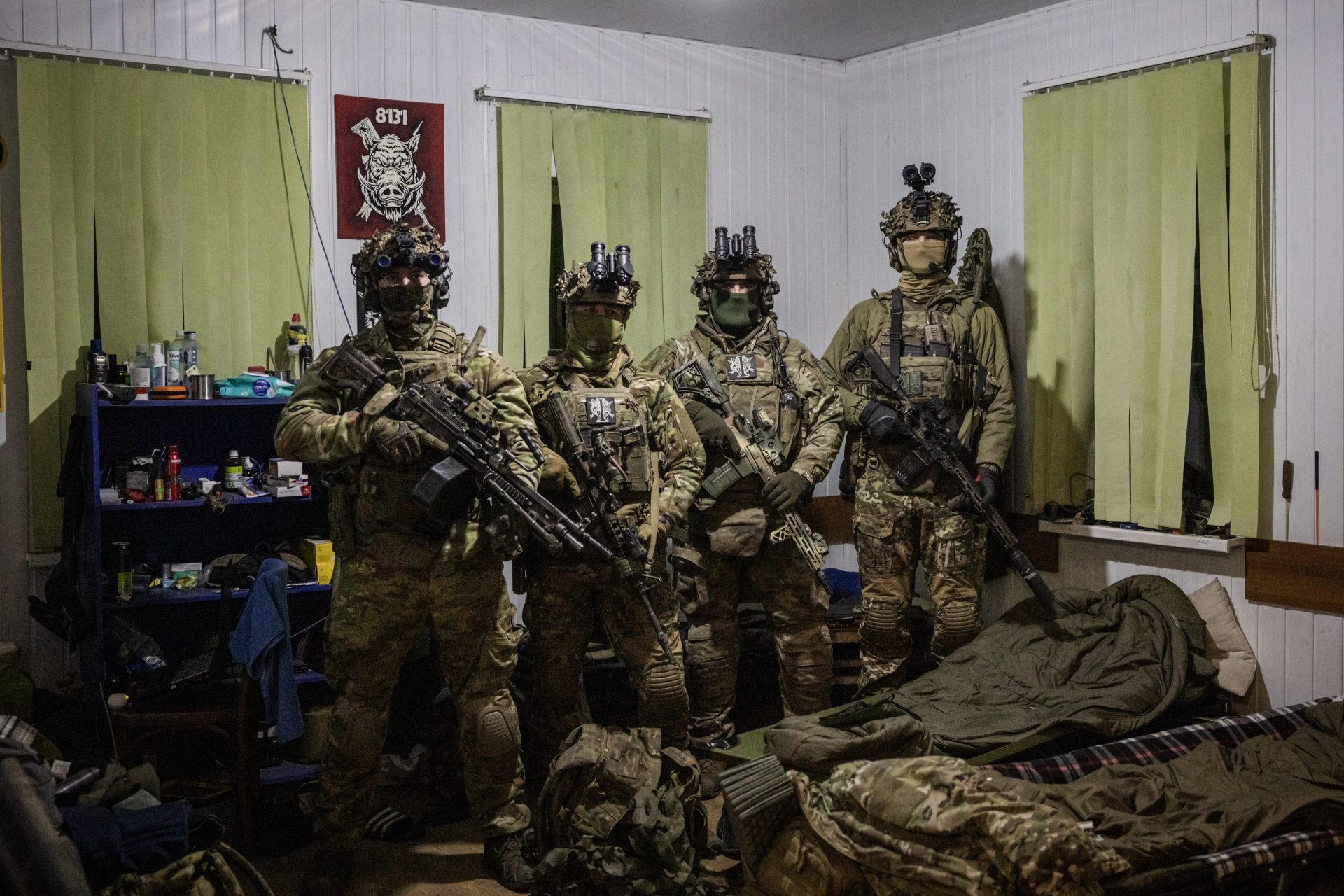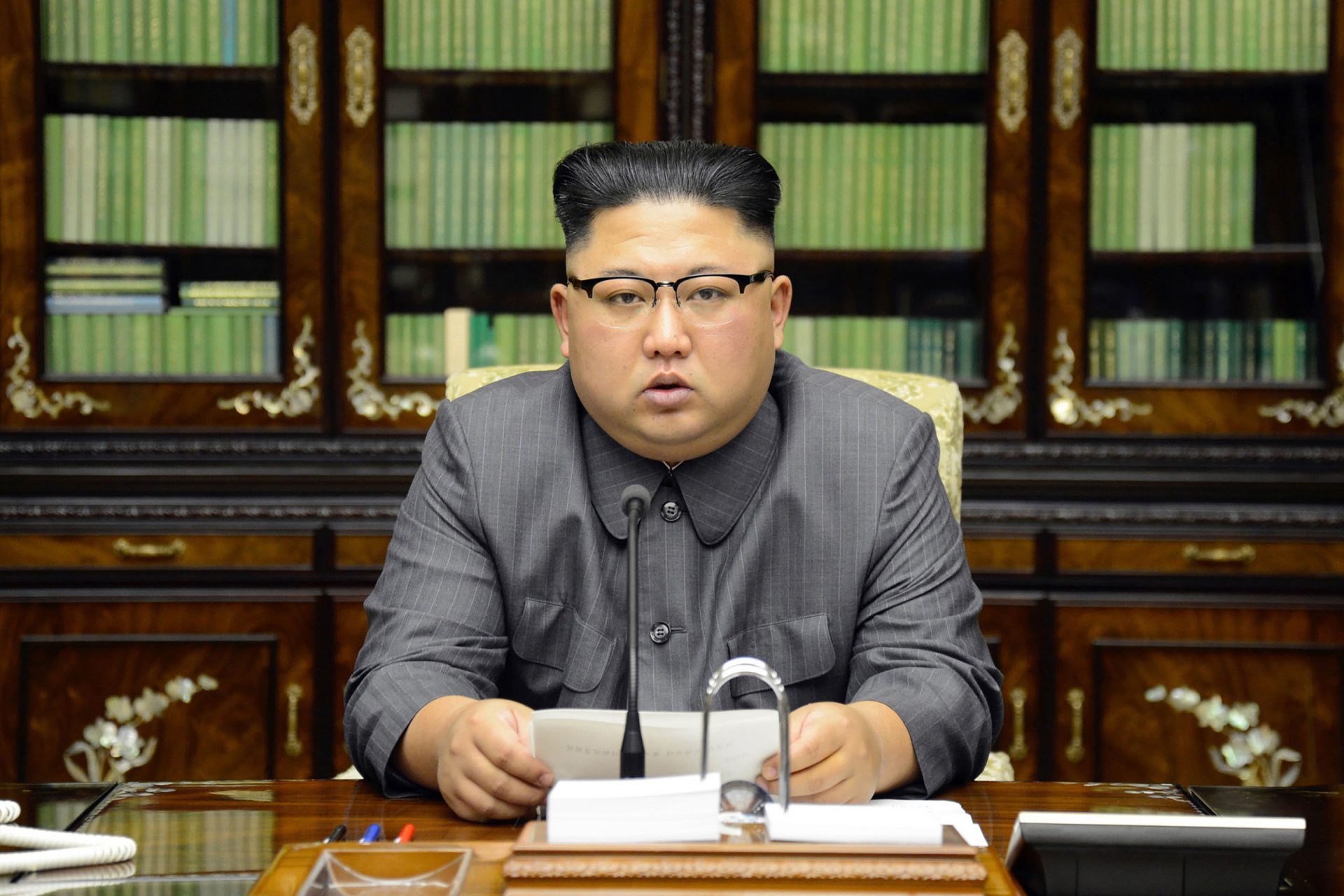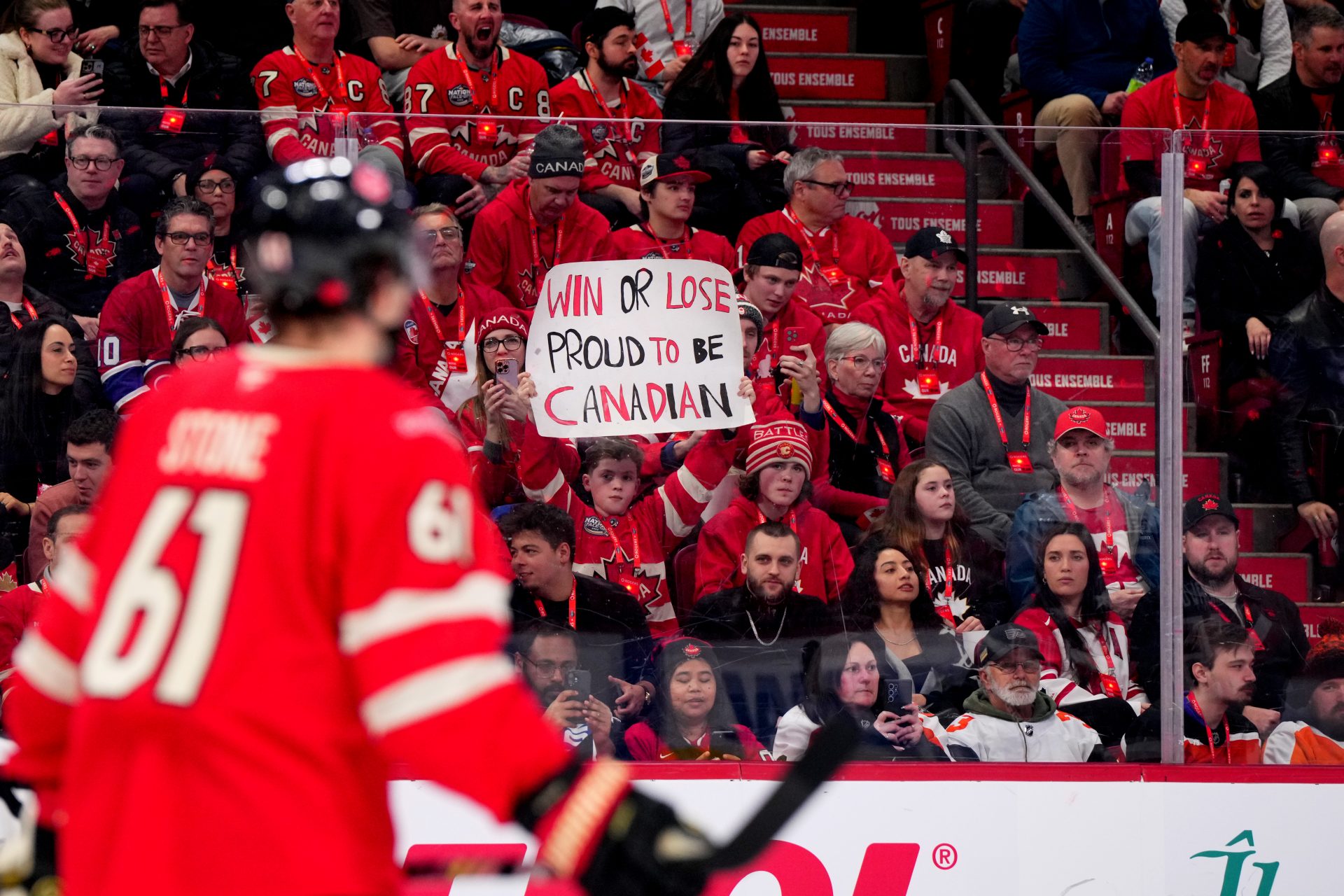Are racism and double standards driving the refugee policies in the Ukrainian crisis?
The world has shown solidarity to over three million displaced Ukrainians that have left their country after the Russian invasion. These refugees have been received with open arms by the European Union.
However, this latest humanitarian crisis also reveals the double standard that exists when it comes to those forced to leave their country.
A few days into the crisis, African, South Asian and Middle-Eastern nationals that were residing in Ukraine at the time of the invasion witnessed prejudice from Ukrainian authorities while trying to leave the country, according to The New York Times.
Pictured: Refugees of color waiting in line on the Polish-Ukrainian border.
“The Ukrainian border guards were not letting us through,” declared 24-year-old Nigerian doctor Chineye Mbagwu to The New York Times in a March 1, 2022, piece. Most refugees of color in Ukraine are university students like her.
Mbagwu recalls that the border guards let Ukrainians pass but blocked foreigners and that she was stranded in the town of Ivano-Frankivsk, near Poland, for over two days.
However, the problem isn’t the mistreatment of people leaving Ukraine. That’s just a symptom of a bigger issue, which is the double standards refugees are subjected to in the Western world.
“It’s really emotional for me because I see European people with blue eyes and blonde hair being killed,” commented a BBC correspondent on Ukraine. Many on social media felt this comment revealed how the war in Ukraine was more important than other conflicts only because white people were affected.
Image: BBC
Trevor Noah, the host of the news satirical program ‘The Daily Show’, pointed out on an early March show how different Poland and Hungary’s attitudes were just a few years back when the refugees were coming from Syria and Libya.
Poland, which has received two-thirds of Ukrainians fleeing their country, faced tension with Belarus in 2021 a few months ago due to the high influx of immigrants, mainly coming from Iraqi Kurdistan.
Representatives of the European Union accused Belarus of using immigrants as a way to orchestrate a refugee crisis in Western Europe and denounced Lukashenko for using “gangster-style” tactics.
Refugees trying to cross the Mediterranean in boats in order to reach Europe has been one of the biggest challenges Brussels has faced throughout the 2010s.
From the people of North Africa lost at sea in makeshift vessels, known as 'pateras', trying to set foot on the shores of Spain.
To overcrowded camps in Greece and the Balkans, generally plagued with dismal conditions.
For many, their tortuous journey doesn’t end there. Endless paperwork, issues adapting to a new language and culture, and problems finding proper work and starting a new life.
Europe’s far-right movements have taken immigrants as one of their biggest targets. One of the most notorious is Germany's Pegida, which is a German abbreviation for “Patriotic Europeans against the Islamization of the West”.
A 2018 piece by Deutsche Welle collected a series of anti-migration quotes by Hungary’s right-wing Prime Minister Viktor Orbán, where he calls immigration “a poison”. Before the Ukrainian invasion, Orbán was seen as one of Putin's allies within the EU.
“We don't see these people as Muslim refugees. We see them as Muslim invaders,” declared Hungary’s Prime Minister, per the DW piece.
Santiago Abascal is leader of the Spanish far-right party Vox. Spanish news website Eldiario.es reported that he was willing to welcome “Ukrainian refugees” above “Arabic migrants”.
It’s important to point out that one of the most shocking things about the Ukrainian crisis is the sheer volume of people in such a short timeframe. 3,4 million people fled the country in the span of a month.
For comparison, refugees from the Syrian Civil War since 2013 make up over 6,8 million people, according to UN data.
After Syrians, the second-largest group is Venezuelans, with over 5,9 million people having left the country since 2014. This serves as a reminder that crises like this are not limited to war-torn areas.
Regardless of the color of their skin, their faith, or their country of origin, all of those displaced from their home country deserve respect and attention.
More for you
Top Stories



































